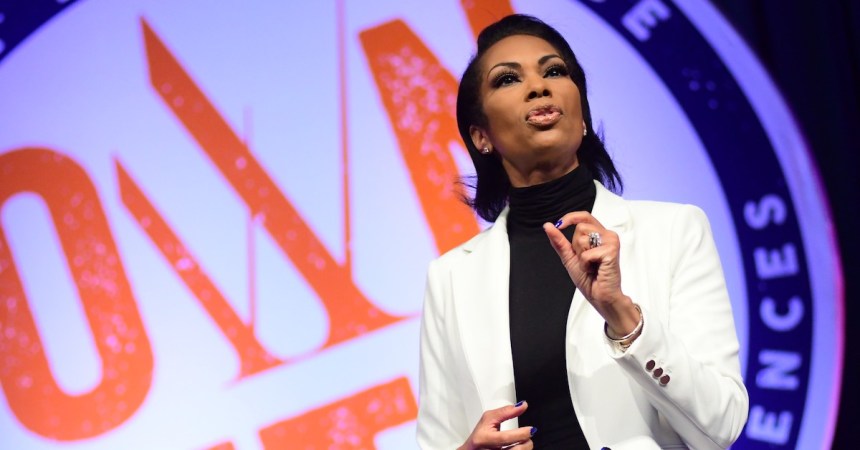In May, 1988, smack in the middle of the Iran-Contra Affair, the Reagan Administration, nearing its sunset, weathered a very different kind of affair: the release of his former Chief of Staff’s book, which claimed that Nancy Reagan controlled the schedule in the White House through the use of astrology.
Donald Regan had been officially let go from his position as Chief of Staff due to his botched handling of the Iran-Contra affair. Throughout his tenure, he’d reportedly often clashed with the First Lady and couldn’t reconcile her grip on the president’s schedule.
When her astrology-based scheduling approach came to light, it threw the media into an uproar and sent news networks tracking down the San Francisco astrologer that Mrs. Reagan supposedly consulted. The White House eventually admitted that yes, the First Lady did indeed regularly speak with Joan Quigley, who was a high-profile astrologer at the time, but that her influence had been limited to non-political decisions and never touched policy.
Joan Quigley | AP Images
Using the positions of the planets, Quigley (indirectly) chose when Air Force One took off and landed, when to give the State of the Union address, and when to hold state dinners and meetings. However, according to Quigley’s sister, Ruth, in a 2016 interview with The Hollywood Reporter, this influence did, in fact, reach public policy, including international relations.
Throughout much of Ronald Reagan’s tenure as President, the Cold War teetered at a boiling point, and that didn’t seem likely to change. President Reagan, who had referred to the Soviet Union as the “evil empire” in 1983, had no intention of engaging in diplomatic relations with Mikhail Gorbachev, then General Secretary of the Soviet Union. According to Ruth Quigley, sister of the famed astrologer, it was a three-hour phone conversation with Joan that convinced the First Lady to push her husband toward negotiations. Joan Quigley used the horoscopes of both President Reagan and Gorbachev as evidence that chemistry could, in fact, exist between them.
Ruth also says that her sister helped plan the Reykjavik Summit, and convinced President Reagan to remain at the summits as long as he could. Though it didn’t immediately pan out, this summit was credited with laying the foundations for the eventual 1987 Intermediate-Range Nuclear Forces Treaty.

The Reagans already had ties to astrology from their days in the acting industry. Carroll Righter, a high-profile astrologer with whom many Hollywood stars consulted in the 1950s and ’60s, was named in Reagan’s 1965 autobiography as a close friend, and it was reported that both Ronald and Nancy read his daily newspaper horoscopes for their respective signs (he was an Aquarius; she was a Cancer). There had also been rumors that Reagan had used astrology to pick the time of his inauguration as the governor of California: January 2nd, 1967, at ten minutes past midnight.
First-hand accounts from three different memoirs — Donald Regan’s For the Record, My Turn by Nancy Reagan, and What Does Joan Say?: My Seven Years As White House Astrologer to Nancy and Ronald Reagan, a testimonial from Quigley herself — suggest increasingly larger roles of astrology in the Reagan White House.

Mrs. Reagan’s account attributes her use of astrology to seeking a coping mechanism; she had claimed that she’d first turned to Quigley after the assassination attempt made on her husband. Most of her concern, she says, was for her husband’s safety, and she used the positions of the solar system to assuage her fears that he might get hurt again — and her consultations with Quigley did, in fact, include choosing the timing of a cancer surgery he underwent in 1985.
Quigley contradicts this, claiming that she’d worked for the Reagans for much longer than that, even claiming to contribute to the Reagan campaign in 1980 by choosing the time of his debate with Jimmy Carter.
While it’ll never be clear whether Mrs. Reagan was attempting to downplay her use of astrology or if Quigley wanted to boost her own importance within the administration, there is very little doubt that astrology did have some kind of influence on the Reagan White House.


























